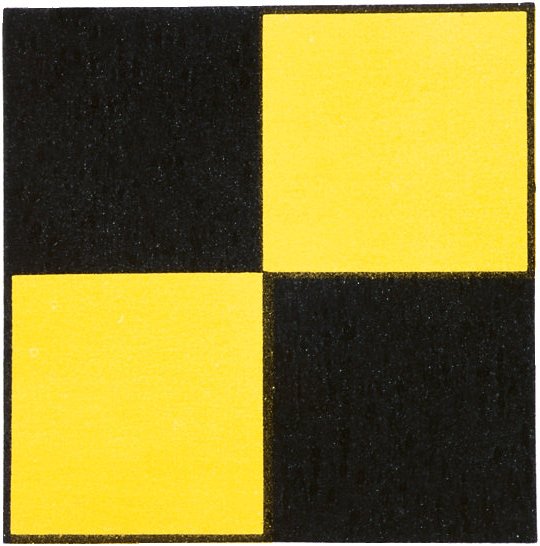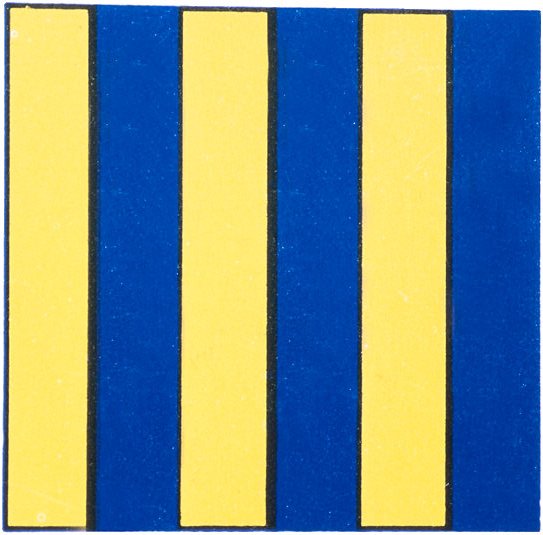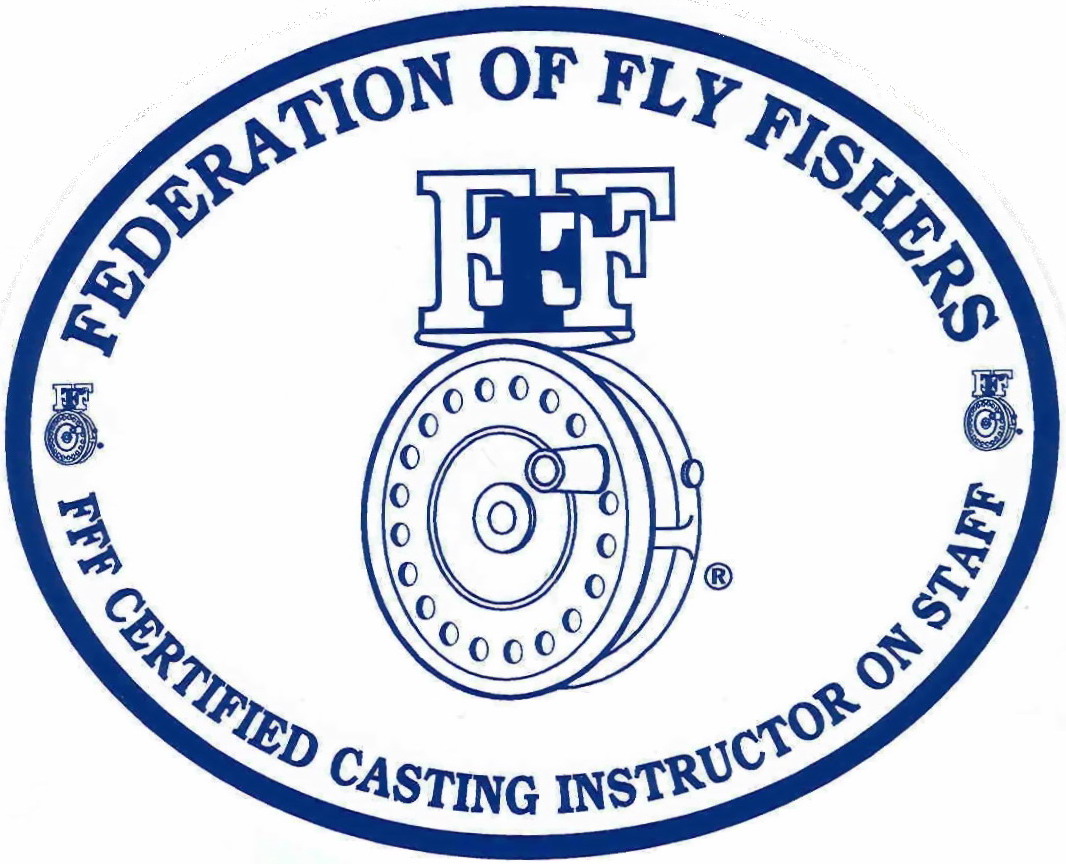Creating A Win-Win
by Captain Jim Barr on 04/12/12
I recently read an article on the Midcurrent.com website entitled Fly Fishing Jazz: On Stage Fright. (http://midcurrent.com/2012/03/30/fly-fishing-jazz-stage-fright/ ) It's a short piece that talks about how all of us, both new and experienced fly anglers can develop a case of buck fever when we see a fish that we think we may be able to catch but the cast has to be near perfect. Many of us know that sometimes you only have one shot at making the perfect or near perfect cast and that if we blow it, well, the opportunity may be lost. I'm not talking about the kind of fishing where you are in a boat and at your feet are acres of boiling fish that don't require a good cast to catch. You're not targeting a single fish, you're simply making the cast into the insanity knowing darn well that all you have to do is put the fly anywhere near the pack and your gonna be on. I'll speak for myself on that note, if that's the kind of fishing I was presented with more often than not, that would get pretty boring after about the third fish and I would be tempted to put down the rod, pick up the golf clubs again and do something a bit more challenging. No, I am talking about saltwater fly fishing that can sometimes get pretty close to fishing to trout rising to a mayfly, where the cast needs to be near perfect, with the fly landing softly, followed by a careful retrieve or dead drift technique, or even mending line if fishing in a salt river or in water slipping over underwater structure. We do have that kind of saltwater fishing in Rhode Island waters believe it or not.
But this leads me to yet another stream of consciousness.
As a saltwater fishing guide I get anglers with all skill levels on my boat. When a client calls me on the phone to inquire about my availability to take them fishing, the conversation pretty quickly turns to the type of fishing they would like to do. For me, it's a pretty simple discussion, because I don't fish with bait, and therefore it's going to be either fly fishing or light tackle spinning or (artificial) bait casting. If they want to fish with live bait I refer them to somebody else. I am not being a snob- I just like to catch fish on artificials, be it fly patterns or a variety of hard and soft plastic baits. To each his own and the thing about fishing style, well that applies to guides as well as anglers. The vast majority of my guests, right up front, will tell me they are not fly anglers, are really much more comfortable with light tackle but that they might like to try fly fishing while they're out. Given that scenario, by my guests being up-front with me right off the bat, I can pretty quickly and with reasonable certainty forecast the kind of day we are going to have and what kind of water I can take them to. I love clarity.
Then there's the group that say they would mostly want to use fly fishing equipment but depending upon the conditions may pick up the spinning rod occasionally. OK great, that then prompts me to ask a few questions to ascertain their level of fly casting skills. I will usually ask where they have done most of their fly fishing, what rod weights they typically use, do they cast righty or lefty- and then here's the real qualifier, which hand do they reel with. The answers to the first three questions come pretty quickly for most everyone, but when I have to re-ask the question of what hand they use to reel the line in, and that question is followed by a significant pause- or a quick answer, followed by a correction that it's the other hand, then I pretty much understand then and there their level of fly casting proficiency. It's not meant to be a trick question because if they reel with their right hand, then I need to change over the line spools to the opposite retrieve. Probably eighty-percent of anglers who cast with their right hand/arm, reel with their left hand. There are those, particularly the Brits and the more elderly "old school" flycasters who will frequently cast right handed and then change rod hands and reel righty. And again...that's fine, but now I understand quite a bit more about who I am going to have on my boat given my little quiz and their response.
The last general group, and they are by far the smallest population, are the anglers who are either going to bring their own equipment or who sail through my quiz without batting an eye and who cap-off the discussion by telling me not to bother putting any spinning rods on-board. (Now, I am getting excited!) This group typically wants to do everything themselves without any help from me. They arrive early at the ramp and assemble their equipment and consolidate their carry-on gear into one small bag. They have already had at least two cups of coffee each. They go about taking turns to assist one another with stretching their fly lines, and have already taken care of individual comfort requirements. They have brought their own fly boxes, and would never think of asking the guide to tie-on their flies, landing their fish, getting food and drink out of the cooler, etc. All I have to do is drive the boat, put them onto fish and get them back to the dock safely. Perfect! Do I prefer to have more of these type of clients, well yah!
But when I push back from the details and oftentimes the frustrations of a charter, irrespective of the proficiency level of my clients, I get a profound sense of accomplishment and joy in exposing them to an environment that many rarely experience and in some cases are seeing for the first time.
The challenge for me and any fishing guide for that matter is to keep reminding ourselves that we need to dial-back our expectations of our guest's capabilities. I sometimes lose sight that most are not skilled casters and anglers and many have little if any experience in a salt water angling environment. Few have fished for as long and with as much passion as I have (sometimes to their credit because things in the fly fishing world do get a "little" out of balance), and not unlike my past, most have full-time and challenging jobs, families to manage, and as hard as it is for me to believe, many actually enjoy other types of sports. The Horror!
So what can the charter guest do to increase their odds of having a more enjoyable and potentially more productive day on the water? Some thoughts:
- Be straight with your guide as to your level of casting proficiency, before you get on the water. The guide can adjust the nature of the trip and the type of water you will fish in accordance with your abilities.
· Be realistic and practical. Although it's wonderful to catch a fish on a fly rod, there are a myriad of conditions that can really complicate fly fishing in salt water. Your freshwater fly casting abilities oftentimes do not translate well into a saltwater environment. A bumpy boat, menacing winds, difficult casting angles, faster moving fish, heavier equipment, and confined or blocked backcasting room can all contribute to complicating your day. Understand your limitations and the environmental conditions and adjust your angling conventions accordingly. I have seen too many guests drive themselves to frustration and in some cases anger due to insisting on using the fly rod in very difficult conditions.
· Tell your guide what's important to you and he will do everything he can to accommodate your wishes. Is your day on the water more about "just being out there". Do you want a mix of fishing and sightseeing and perhaps a bit of history of the area you're near? Are you after the trophy fish, or that you care not to catch a certain species of fish.
· Be patient with and trust your guide. He knows his waters, generally where the fish are and at what time of day it's best to pursue them. Most guides will not guarantee you will catch fish. Ocean fish, unlike trout or freshwater bass species are constantly on the move. The fishing location that was good yesterday may not be good today. His responsibility is to put you into the best position that is safe and that will allow you to hook up. Certain weather and sea state conditions may be simply too dangerous to fish in even though they may very well hold the fish you want to catch.
So as a guide my job is all about making my guest's day on the water an enjoyable outing. I want them to be comfortable, feel safe, have fun, catch fish and in no way be intimidated by their real or perceived lack of skill. If I can deliver accordingly, my guests become my friends, and we all want to fish together again.
I love a Win-Win.





